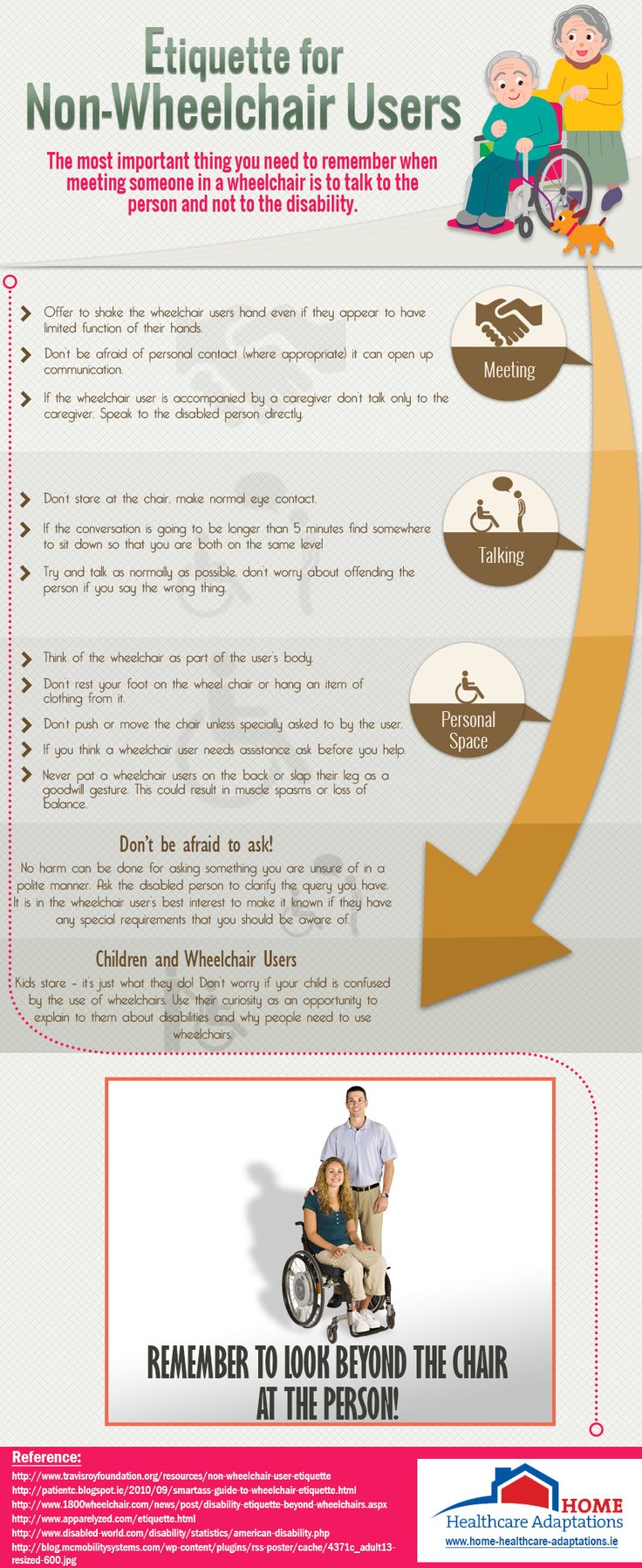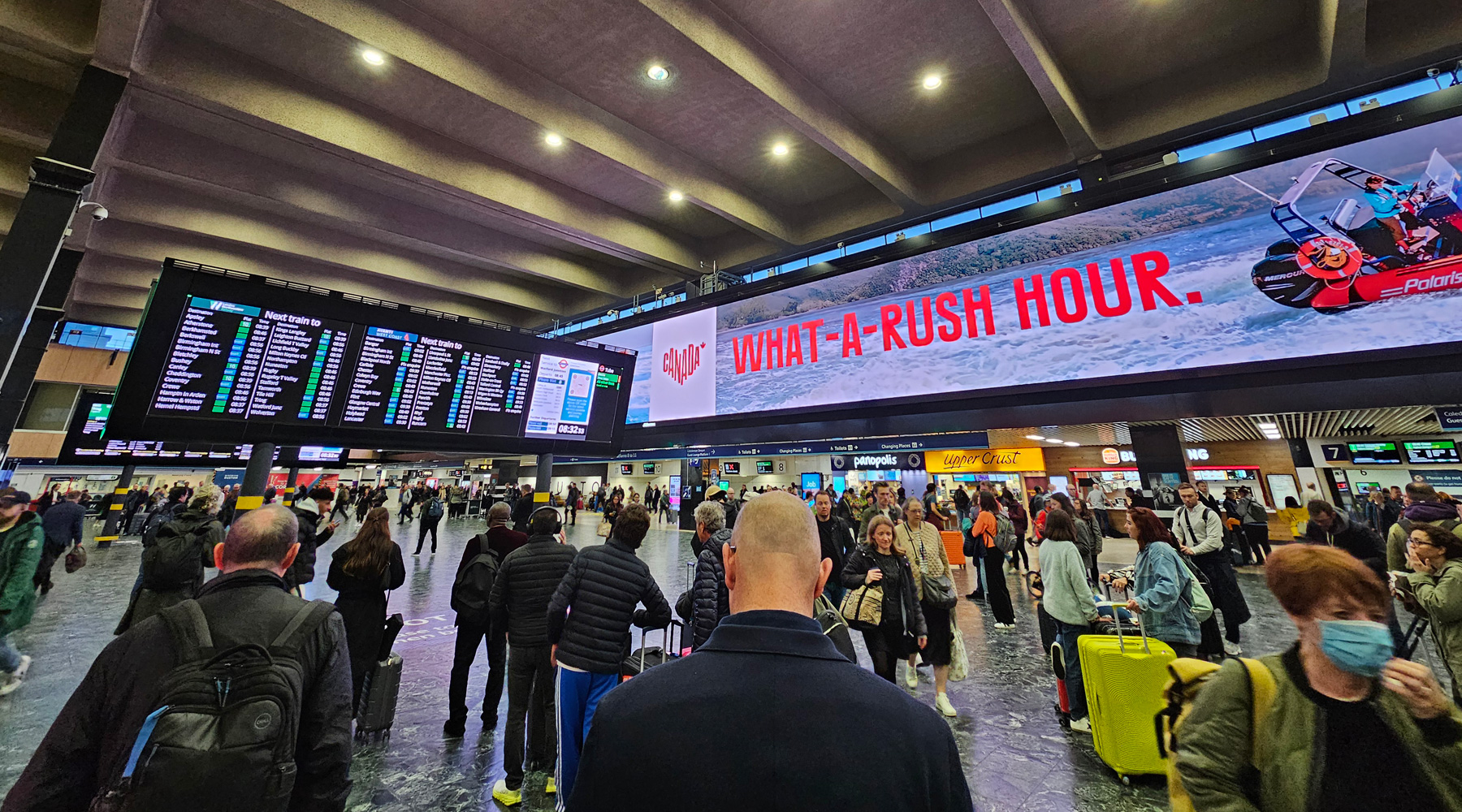Elizabeth Line Accessibility: Navigating Gaps For Wheelchair Users

Table of Contents
Station Accessibility: A Mixed Bag of Experiences
Accessibility across Elizabeth Line stations varies considerably. Some offer seamless step-free access, while others present significant barriers for wheelchair users. This inconsistency undermines the overall ambition of providing equitable access to public transport.
Step-Free Access:
While many stations boast complete step-free access – for example, Canary Wharf and Paddington offer excellent facilities – several others remain inaccessible to wheelchair users without assistance. A precise percentage of fully step-free stations is currently unavailable, but anecdotal evidence suggests significant room for improvement. Planned improvements, including the completion of step-free access at key interchange stations, are crucial to bridging this gap.
- Stations with good step-free access: Canary Wharf, Paddington, Tottenham Court Road
- Stations lacking step-free access: (Specific station examples need to be researched and added here)
- Planned Improvements: (Information on planned improvements needs to be sourced from TfL and added here)
Platform Gaps and Ramps:
A critical concern for wheelchair users is the gap between the train and the platform. This gap, while often manageable for able-bodied individuals, presents a safety hazard for those in wheelchairs. While ramps are provided, their steepness and length can be problematic, particularly for users with limited upper body strength. User feedback consistently highlights this as a major accessibility issue.
- Gap sizes: (Data on typical gap sizes and variations would strengthen this section)
- Ramp steepness and length: (Specific measurements or observations would be helpful here)
- User testimonials: (Include direct quotes from wheelchair users, if available, with their permission)
Lift Availability and Reliability:
The reliance on lifts for platform access introduces another significant challenge. Out-of-service lifts, due to maintenance or breakdowns, frequently disrupt journeys and leave wheelchair users stranded. While TfL offers reporting mechanisms for broken lifts, response times and alternative solutions need improvement.
- Reporting broken lifts: Details on how to report issues to TfL should be included, including phone numbers and online portals.
- Response times: Data or anecdotal evidence on TfL's response times would be valuable.
- Alternative solutions: Discussion on alternative routes or assistance provided in case of lift failure is needed.
On-Board Accessibility: Challenges Within the Trains
Accessibility issues extend beyond the stations to the trains themselves.
Wheelchair Spaces and Boarding:
While designated wheelchair spaces exist, their number per train and the ease of access vary. Tight spaces and potential difficulties in maneuvering wheelchairs into these areas create further barriers. User feedback often highlights a lack of sufficient and easily accessible wheelchair spaces during peak travel times.
- Number of wheelchair spaces per train: This needs specific information from TfL or train specifications.
- Boarding difficulties: Specific examples of boarding challenges should be cited.
- Passenger complaints: Include any documented complaints regarding wheelchair space availability.
Communication Systems for Wheelchair Users:
Clear and effective communication is crucial for all passengers, especially those with disabilities. The clarity and volume of announcements, as well as the availability of visual aids for those with visual impairments alongside wheelchair users, needs improvement to ensure inclusivity.
- Announcement clarity and volume: Observations on the quality of announcements should be included.
- Visual aids: Discussion on the use of visual displays and their effectiveness for wheelchair users should be added.
Improving Elizabeth Line Accessibility for Wheelchair Users: Recommendations
Addressing the accessibility gaps requires a multi-pronged approach.
Technological Advancements:
Implementing advanced technologies can significantly improve accessibility. This includes:
- Improved sensors for gap detection: Real-time monitoring of platform gaps would allow for proactive adjustments and warnings.
- Real-time lift status updates: Providing passengers with real-time information on lift availability would help them plan their journeys more effectively.
- Predictive maintenance: Proactive maintenance would reduce the frequency of lift breakdowns.
Increased Staff Training:
Thorough and sensitive training for all Elizabeth Line staff on assisting wheelchair users is essential. This should include awareness of potential challenges and best practices for providing support.
Improved Communication and Feedback Mechanisms:
TfL should enhance its communication with wheelchair users by:
- Developing a dedicated user feedback app: This app could allow for easy reporting of accessibility issues.
- Establishing a dedicated helpline: Providing a direct line for reporting issues would ensure prompt attention.
Advocacy and Campaigning:
We urge readers to engage with disability advocacy groups and actively participate in campaigns to advocate for improved transport accessibility.
Conclusion: Addressing Elizabeth Line Accessibility for a More Inclusive Journey
The Elizabeth Line, while a remarkable achievement, faces significant challenges in providing fully inclusive access for wheelchair users. Addressing issues such as inconsistent step-free access, platform gaps, lift reliability, and on-board wheelchair spaces is crucial for creating a truly accessible transport system. We encourage all passengers to report accessibility problems encountered on the Elizabeth Line to TfL and to continue advocating for Elizabeth Line accessibility improvements, working towards enhancing Elizabeth Line accessibility for all. Let's ensure that the Elizabeth Line lives up to its potential as a transport system for everyone.

Featured Posts
-
 Nhl Playoffs Oilers Vs Kings Prediction For Game 1 Tonight
May 09, 2025
Nhl Playoffs Oilers Vs Kings Prediction For Game 1 Tonight
May 09, 2025 -
 Federal Reserve Rate Pause Expected Economic Data Drives Decision
May 09, 2025
Federal Reserve Rate Pause Expected Economic Data Drives Decision
May 09, 2025 -
 New Uk Immigration Rules English Language Fluency For Residency
May 09, 2025
New Uk Immigration Rules English Language Fluency For Residency
May 09, 2025 -
 Overcrowding And Caravans The Future Of A Uk City
May 09, 2025
Overcrowding And Caravans The Future Of A Uk City
May 09, 2025 -
 Open Ai Facing Ftc Investigation Understanding The Concerns And Potential Outcomes
May 09, 2025
Open Ai Facing Ftc Investigation Understanding The Concerns And Potential Outcomes
May 09, 2025
Latest Posts
-
 News From The Bangkok Post The Push For Better Transgender Rights
May 10, 2025
News From The Bangkok Post The Push For Better Transgender Rights
May 10, 2025 -
 The Bangkok Post And The Ongoing Struggle For Transgender Equality
May 10, 2025
The Bangkok Post And The Ongoing Struggle For Transgender Equality
May 10, 2025 -
 The Impact Of Trumps Executive Orders On The Transgender Community A Call For Stories
May 10, 2025
The Impact Of Trumps Executive Orders On The Transgender Community A Call For Stories
May 10, 2025 -
 Examining Transgender Equality Issues Highlighted By The Bangkok Post
May 10, 2025
Examining Transgender Equality Issues Highlighted By The Bangkok Post
May 10, 2025 -
 The Bangkok Post And The Fight For Transgender Equality In Thailand
May 10, 2025
The Bangkok Post And The Fight For Transgender Equality In Thailand
May 10, 2025
